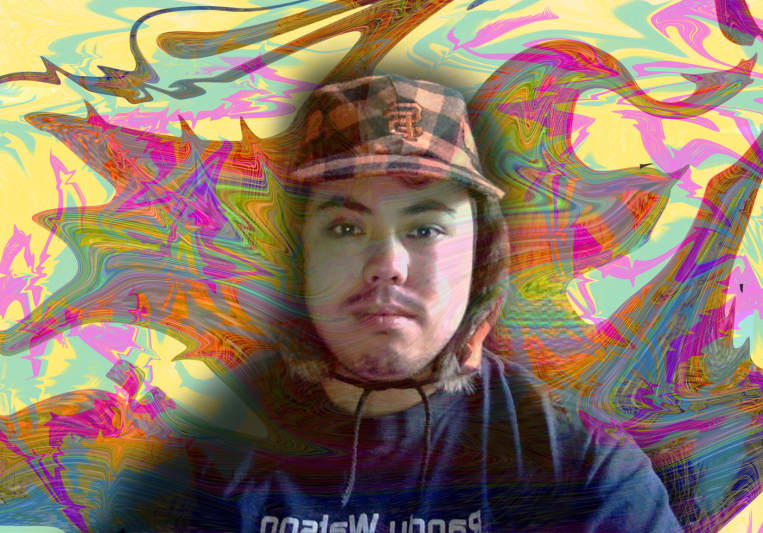
My name is Chris. I have 5 years of audio production experience. This is in both in studio recording and sound for film.
Tell me about your project and how I can help, through the 'Contact' button above.
Interview with Chris Wilmot
Q: What are you working on at the moment?
A: Recording, mixing and producing my friends podcast. Working on music/learning more about it. Finishing school soon.
Q: Analog or digital and why?
A: Make your art any way you can. But if price wasn't a factor, analog.
Q: What's the biggest misconception about what you do?
A: Can't fix everything.
Q: What questions do you ask prospective clients?
A: What kind of feeling are they going for? Are there any artists or eras they were influenced by.
Q: If you were on a desert island and could take just 5 pieces of gear, what would they be?
A: 4 track recorder, a guitar, mpc sampler, a decent mic, a shitty mic (or some sort of solar generator?)
Q: What was your career path? How long have you been doing this?
A: I've been taking classes in audio production and studio recording since high school and throughout college for the past 5 years. During this time I have experimented with my own recordings and projects and have gained a lot of experience in garageband, protools, and primarily logic pro.
Q: How would you describe your style?
A: I try to avoid overworking a song and layering too many effects. I prefer natural sounding mixes even with electronic or digital music.
Q: Which artist would you like to work with and why?
A: Rick Ruben seems chill.
Q: What's your strongest skill?
A: I am comfortable with both natural and stylized approaches to production and mixing.
Q: What do you bring to a song?
A: Experience and an attention to detail.
Q: What's your typical work process?
A: I usually start with cleaning up the sound as much as possible so I can start from an uncolored starting point. Then I mix the levels first, figuring out where they fit on the pan and that everything has its own space in the mix. Then I work on reverb, usually to fuse the sound together. Then I go on to eq and compression. I'll probably end up going back and tweaking each of these as go from step to step and I would add automation after getting the basic mix down.
Q: Tell us about your studio setup.
A: Studio Monitors, Mackie Interface, guitar, bass, microphones, 49-key midi controller, effects.
Q: Describe the most common type of work you do for your clients.
A: Mixing, editing, recording.



